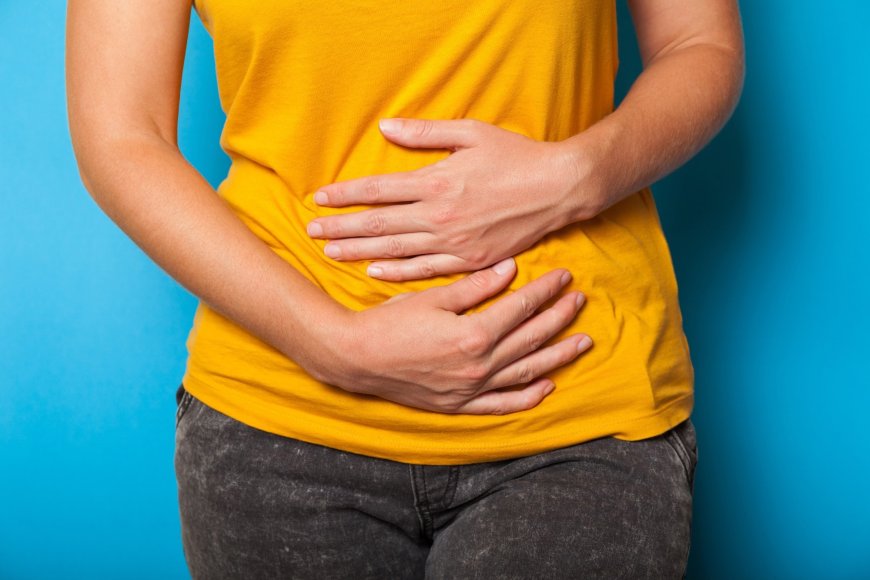Study Finds Link Between Diet and Endometriosis Risk
A recent study explored the connection between food choices and endometriosis risk. High-fat dairy unexpectedly showed protective effects, while vegetables and dairy products were associated with lower odds of endometriosis diagnosis. Butter and high caffeine intake were found to increase the risk. Further research is needed to clarify the role of dietary factors in managing endometriosis symptoms.

In a recent study, researchers in Italy evaluated whether specific dietary components can reduce the risk of or alleviate symptoms from endometriosis. The research used an umbrella review methodology, synthesizing evidence from systematic reviews and meta-analyses to provide an overview of the relationship between diet and endometriosis.
High-fat dairy unexpectedly showed protective effects, reducing endometriosis risk despite its saturated fat content. Every ten US women who menstruate, one endures endometriosis, a disorder stealing productive years and fertility. Patients seek food fixes, but guidance is clouded by observational designs and diagnostic delays. Reliable synthesis could empower women to shop strategically and experience fewer health issues.
Reviewers conducted an umbrella review searching various databases for systematic reviews evaluating dietary exposure among women with endometriosis. Cheese emerged as a standout protector, while vegetables and dairy products showed protective signals. Butter and high caffeine intake were detrimental. Findings regarding trans fatty acids were inconclusive.
The study suggests that vegetables and affordable dairy foods offer an accessible starting point for symptom management. However, clinicians should frame advice as low-risk experimentation, pending large, prospective dietary trials. Future work should standardize dietary assessment and oversample diverse populations to clarify observed changes.
Butter stood out as the clearest dietary risk, increasing endometriosis likelihood. Evidence suggests that diet influences endometriosis, with an abundant intake of vegetables and routine dairy consumption associated with reduced odds. Findings align with biological theories involving oxidative stress, inflammation, and estrogen signaling.
According to the source: News-Medical.
What's Your Reaction?
 Like
0
Like
0
 Dislike
0
Dislike
0
 Love
0
Love
0
 Funny
0
Funny
0
 Angry
0
Angry
0
 Sad
0
Sad
0
 Wow
0
Wow
0


























































































































































